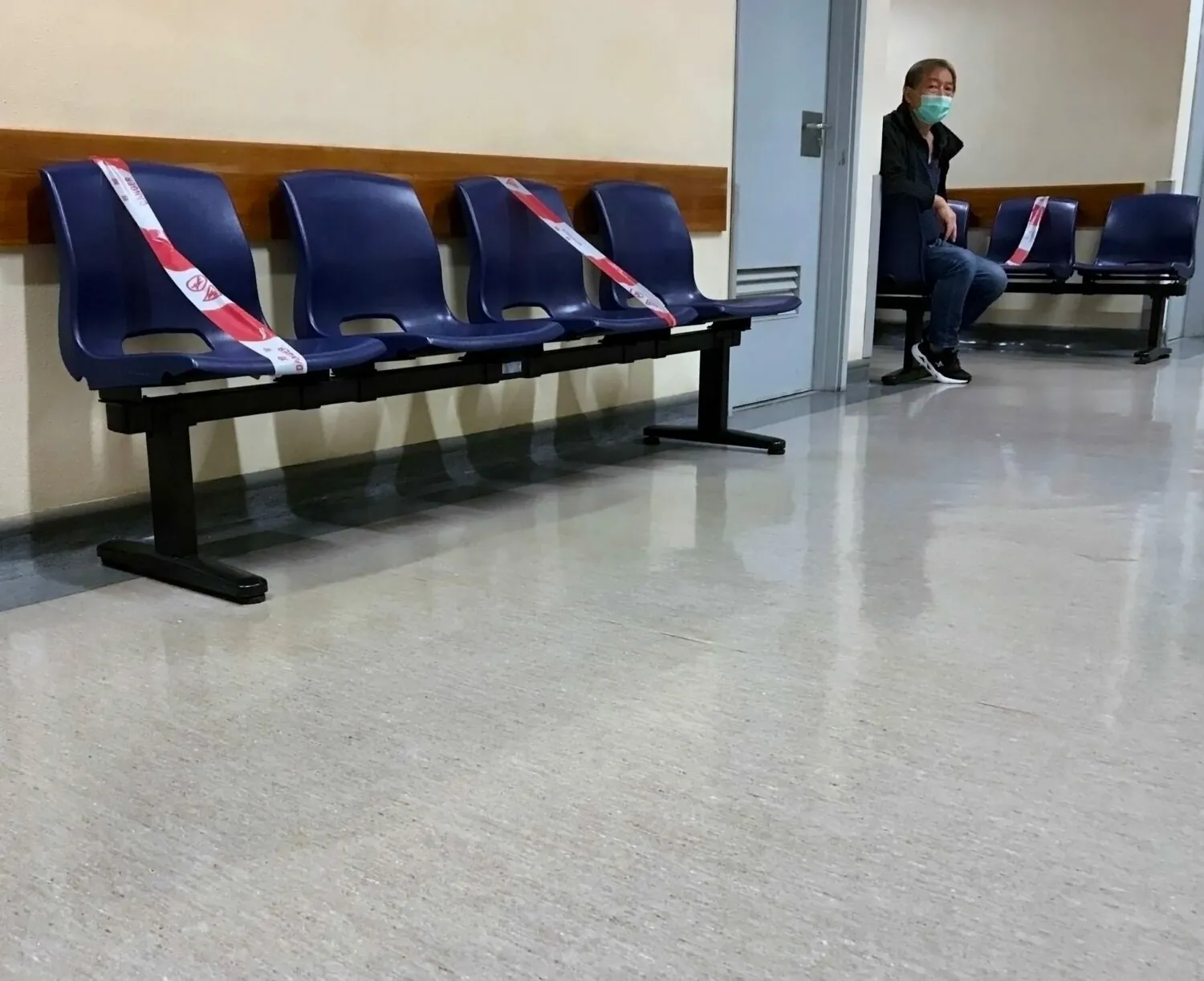
Nothing happens quickly within the NHS, but it seemed last week that the longest of the health service’s many queues was of patients lining up to complain about their GPs. “It’s impossible to get through to my doctor’s surgery by phone,” says David Wishingsky, a 60-year-old care-home chef from Hastings who is worried about side-effects from his antidepressants.
Megan McGinty, a 19-year-old Glasgow student, developed “horrible” abdominal pain a week ago. “The earliest appointment I could get was October 18,” she said. “It just seemed to me they weren’t even listening to my symptoms or how I felt, just put me on the back burner and told me to wait.”
There are so many stories like this, and so many patients desperate for medical treatment; it is clear that something has broken down in the relationship between Britons and their doctors.
“I understand the system is under immense pressure at the moment, so I don’t like to blame the NHS per se,” says Rhys Harding, 25, who works in digital marketing in Gloucester and has to wait until October 15 for his next chance to talk to his doctor. “But it has been a struggle to see a GP for many years now, and it seems like it’s getting worse.”
Doctors in turn have been horrified to find themselves portrayed as surly fat-cats, raking in six-figure salaries for a reduced working week while steering a wide berth around their patients.
“I hugely resent the idea that I am lazy, workshy and doing my best to wriggle out of seeing patients when, in reality, I’ve never worked harder,” says Dr Elizabeth Croton, a Birmingham-based GP and committee member at the Doctors’ Association UK. Nor can the crisis be wholly blamed on the after-effects of Covid-19.
“The NHS is at a watershed moment,” claims Dr Simon Hodes, 49, who has worked as a GP in the same Watford practice for 20 years. “GP teams cannot be everything to everyone and our resources are finite. There is clearly a mismatch between supply and demand.”
The number of patients per practice is now 24 per cent higher than in 2015. In these circumstances, it is not surprising appointments are hard to come by. “Of course I can understand people’s frustrations about remote consultations,” Croton says. “I struggle daily with a hollow feeling of not having the resources to do my job properly.”
The roots of the current GP crisis stretch back almost 20 years to the 2004 decision by John Reid, the Labour health secretary, to allow GPs to opt out of 24-hour responsibility for their patients.
Read the full piece here





